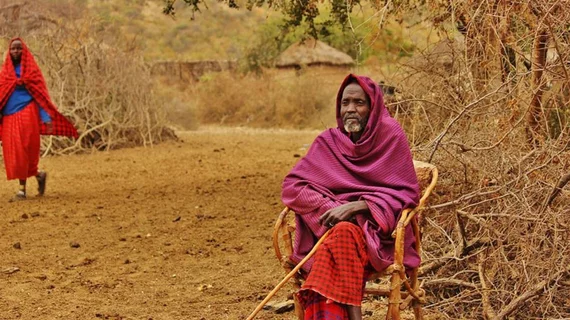In eastern Africa, an algorithm proves capable of aiding brain-injured patients
Researchers at Duke and in Tanzania have developed an algorithm for discerning the extent of a traumatic brain injury (TBI) in a low-resource setting.
Their hope is that the tool will improve triage and other care decisions—and thus outcomes—in underdeveloped parts of the world, where a brain injury is too often an avoidable calamity, according to a study published online in the Journal of Neurosurgery.
Psychologist João Ricardo Vissoci, PhD, of Duke’s Global Health Institute, emergency physician Francis Sakita of the Kilimanjaro Christian Medical Centre and colleagues used data from a registry of 3,138 Tanzanian TBI patients to train and test nine separate machine-learning techniques.
They included data on demographics, vital signs, injury type and treatment received.
The best of the nine algorithms attained an accuracy score well within the range of “good,” while even the worst-performing tool was poor but not a failure.
The team found the key predictors of a good outcome were increasing coma-scale score, increasing blood-oxygen levels and undergoing TBI surgery.
Poor outcomes were most likely in patients who were older and suffered their TBIs in a vehicular crash.
“Limited access to diagnostic technologies and highly skilled providers, combined with high patient volumes, contributes to poor outcomes in low- and middle-income countries,” the authors concluded. “Prognostic modeling as a clinical decision support tool, in theory, could optimize the use of existing resources and support timely treatment decisions in [these regions].”
They underscored that the study’s main achievement was developing a TBI prognostic model “with a substantial level of accuracy in a low-resource setting,” adding that further research is needed to validate and test their technique as a clinical decision support tool.

